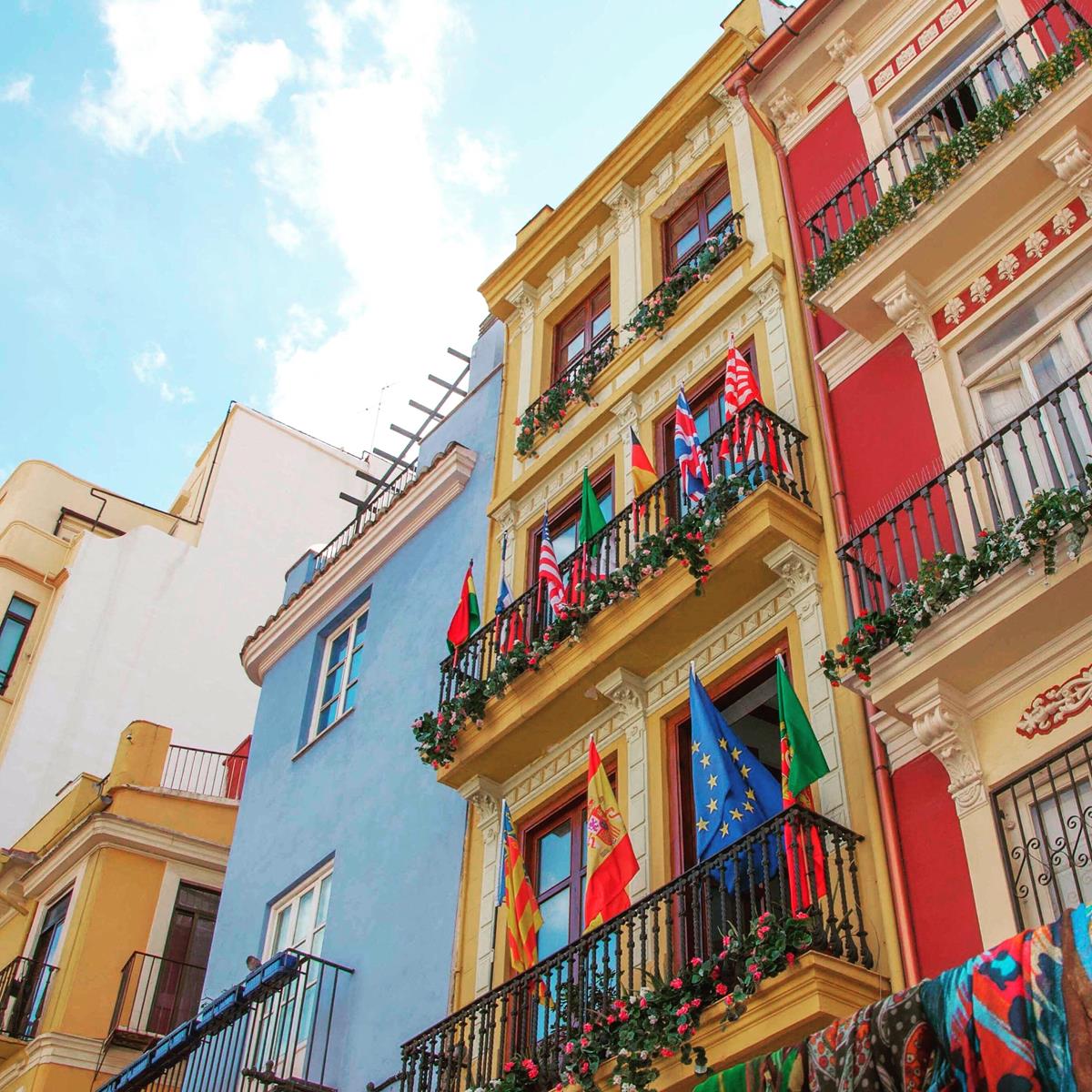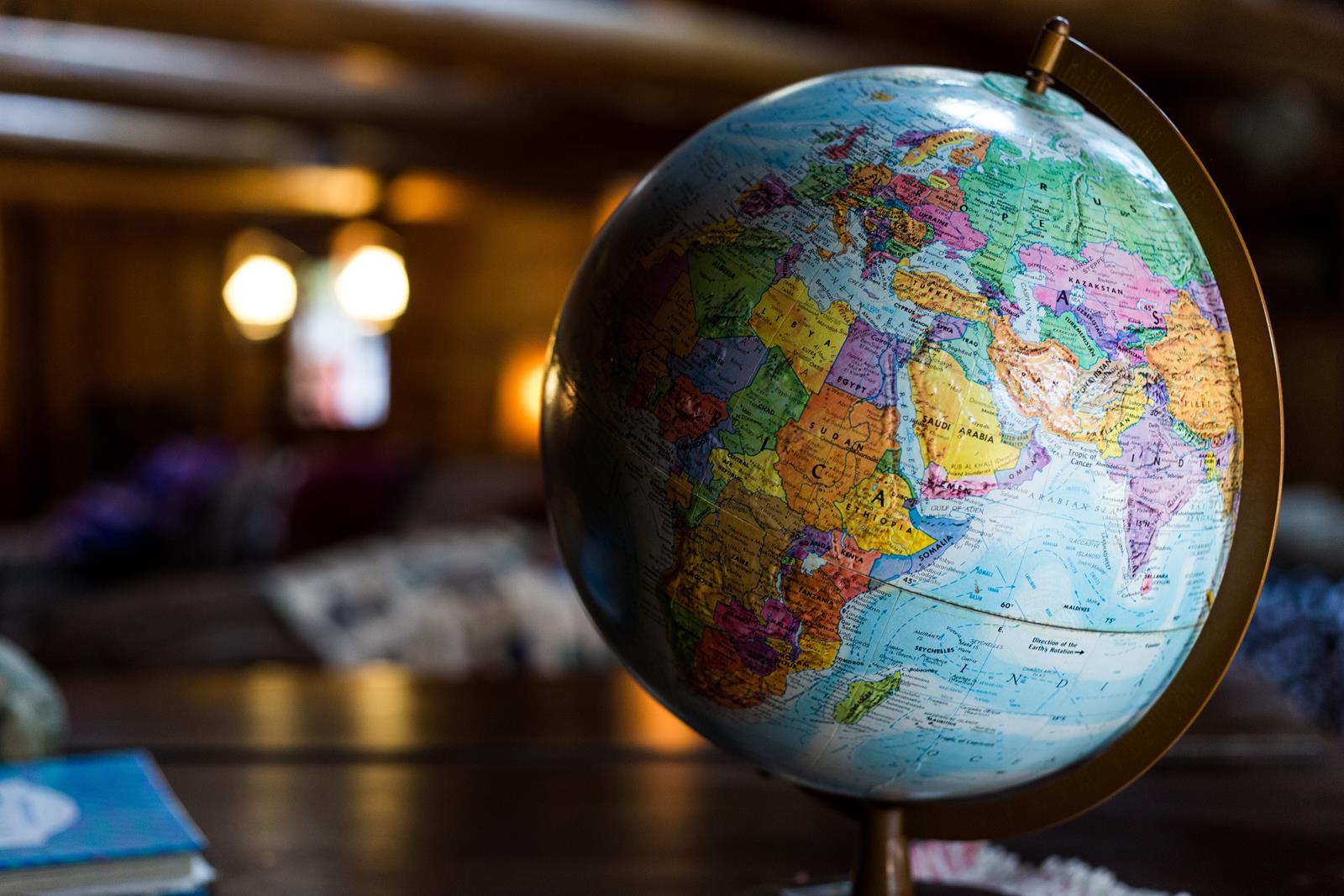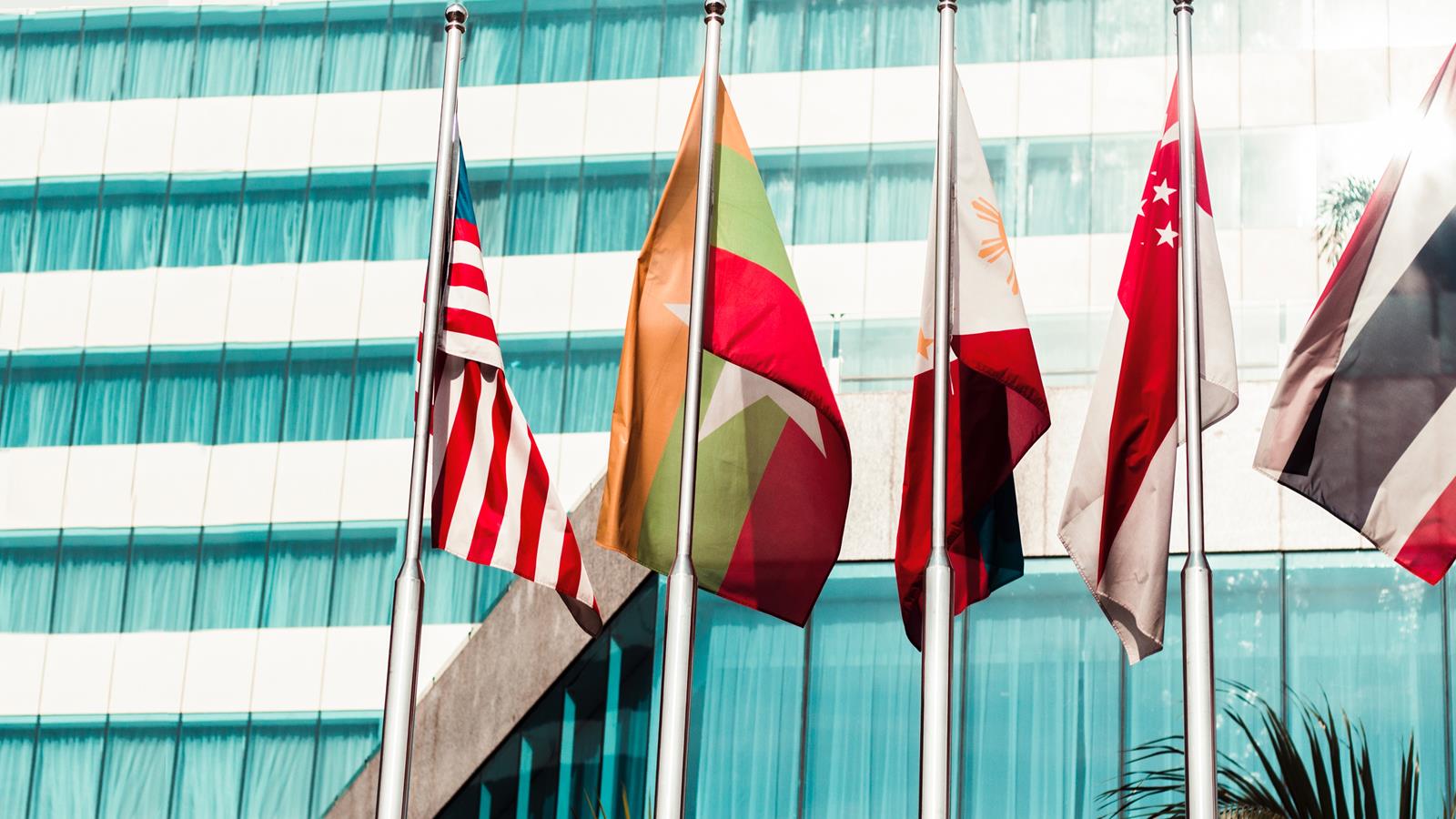The government has always been very important to people. It forms the rules, skills, and thoughts that help groups do their job. Politics affects everything, from a small town meeting to the world’s government. Politics is how people in a group decide how to share resources, settle arguments, and make sure that everyone has the same chances. A lot of people think of fights, rules, and elections when they hear the word “politics.” The truth is that politics is more than that, though. There are ideas, people, and how power is shared in groups in this. It is possible to learn more about how people and groups settle arguments, set shared goals, and keep things running smoothly in this large area. Taking a look at the different parts of politics can help you understand how important it is. People don’t just think about politics when they’re in power; politics is a real thing that helps people make fair, organised plans for the future and solve problems.
The Meaning Of Politics In Society
Politics can be seen as the rules that different groups follow to live their own lives. What is said and agreed upon determines how power is shared and used. You can think of politics in this way: politics aren’t just in parliaments and governments; they’re in all decision-making, from city councils to NGOs.
Politics is all about balancing the wants of different groups. Even though different people and groups may have different goals and values, society needs ways to bring these differences together. Polities and their institutions come into play here. By creating ways for people to talk to each other, they help groups turn differences into deals and agreements into actions.
In this way, politics is a conversation that never ends. It adapts to changes in culture, science, and ideals as nations do. It has more value than just voting; it’s a way for people to work together to solve problems they all face.
The Role Of Power And Authority
The study of politics is all about power. It determines who’s in charge, who makes rules, and how power is seen as legitimate. Power is either shared among all people or concentrated in the hands of a small group. Political systems set the limits of power.
Not just having power, but also having authority needs to be real. People give power to the government when they agree with the decisions it makes and must be followed. This could be because of open elections, strong traditions, or a belief that the system will work. If people don’t trust power, it could become weak, which could lead to chaos or trouble.
Politics isn’t just about who has power; it’s also about how that power is used. A healthy government knows how to use its power well and balances the rights of the people with the needs of the state. Politics is the study of power. It helps people make rules that keep things going smoothly while still letting people be free.
Political Systems And Their Diversity
There are many kinds of governments in the world. When people can vote and have a say in the government, they are more likely to take part in its work. In authoritarian societies, on the other hand, power is held by a small group of people or institutions. People aren’t allowed to join in very often, but rules and speed are stressed.
You can see how different groups run the government when you compare political systems. In republics, decisions may take longer to make, but they usually take a lot of different views into account. In systems with more central authority, choices can be made quickly, but this can come at the cost of including everyone. Because of its past, society, and social needs, each system has both good and bad points.
The fact that there are many different political systems shows how flexible politics is. There is no one method that works for everyone, but they all try to keep things stable, make things more orderly, and further the general good. Politics is the field where we can look into how these systems work and what they tell us about how people live together.
The Connection Between Politics And Law
One of the most obvious results of politics is the law. Politics is how communities set rules for how people should behave, settle disagreements, and defend fairness. Laws make sure that everyone is safe and that everyone is responsible for their part in keeping things stable.
Law and politics go hand in hand. Laws are made by legislatures, carried out by leaders, and interpreted by judges. This circle represents what people believe is significant in the world. Changes to the legislation are regularly made for political reasons. This is true for defending the environment, human rights, and the regulations that govern the economy.
But regulations also make politics seem nice. When people make laws, they make sure that the government’s decisions are fair and follow through with them. People may not agree with all rules, but having an organised legal system is important for keeping things fair and in order. That’s why politicians and the law work together to make things work well.
Politics And The Global Stage
Politics isn’t just about the state or federal level. International politics is the study of how political ideas can move from one country to another. Every country makes deals, joins forces, and works together to solve problems like climate change, trade, and safety.
It is very important to study comparing politics in this day and age. It’s possible to tell how a country acts in the world by looking at how its government works. The political customs, institutions, and style of government of a country affect how it deals with issues in the world.
Politics around the world also show how important it is to work together. States may fight for power, but they also talk and use negotiation to work out problems that no one country can handle on its own. As you can see, politics has a bigger goal: it can be used to settle world disputes and solve problems.
The Cultural Dimension Of Politics
Politics and culture go hand in hand. Culture shapes political ideas, which in turn shape how people think about power, justice, and getting involved. In some cultures, politics are based on society and custom, while in others, freedom and rights of the person are more important.
Symbols and stories in politics are also influenced by culture. Cultural history is often used by leaders to bring people together and give programs legitimacy. These cultural undercurrents can be seen in political campaigns, talks, and public conversations. They link people’s identities to their political actions.
When you look at politics through the lens of culture, you can better understand how different political systems are around the world. Culture not only affects how politics is done, but it also keeps politics alive by changing with the cultures it serves.
Conclusion
In its largest sense, politics is how groups organise themselves, work out their differences, and work towards shared goals. Power, authority, law, and society are all part of this system, which changes all the time and affects every part of life. Even though political systems are different, they all need to make things fair and orderly. Politics at its best encourages people to work together, strikes a balance between individual rights and group duties, and brings people from different backgrounds together. Politics is complicated, with many parts that need to be understood. These include the role of government, the impact of society, and the way the world works. Politics is not a vague subject; it’s a live thing that affects everyone. When you look at politics from a broad viewpoint, you can learn about how cultures work and change from both a scholarly and a practical point of view. Politics is all about people, power, and progress in the end. These are the things that hold humanity together and help it grow and become stable.


